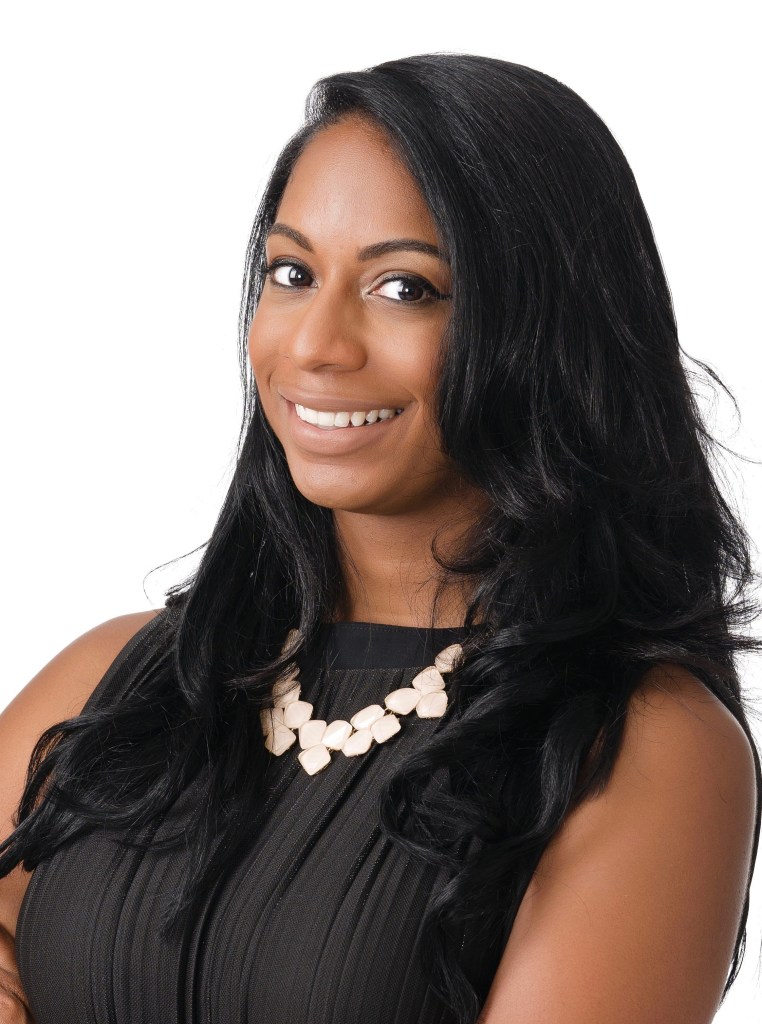
The student debt crisis hits Black Americans the hardest

While a college degree is an investment that pays off for many students, taking on debt for a degree can be risky. For Black students in particular, the weight of student debt can hinder their opportunities even after graduation. Much of this risk can be traced back to the racial wealth and income gap, according to Ashley Harrington, senior legal counsel at the Center for Responsible Lending.
In the U.S., the average white household has nearly ten times the wealth of a Black household, which makes paying for college much more difficult. Harrington spoke with Marketplace host Kai Ryssdal about ways to alleviate the burden on borrowers. The following is an edited transcript of their conversation.

Kai Ryssdal: Could you do me a favor and just to sort of level set here, put student debt and student loans into the context of the racial wealth gap in this economy?
Ashley Harrington: Well, as I’m sure you know, we have now topped $1.7 trillion for almost 45 million Americans who are struggling with student debt. But the crisis is really being felt the brunt of it by Black Americans. Black borrowers are more likely to borrow, to borrow more, and to struggle in repayment. And you know, most folks when they get ready to go to college or send their kids to college, they’re relying on homeownership, stocks, all the things that make up wealth and security, which unfortunately, as we know, Black families have about a 10th of the wealth of white families. Meanwhile, you have to go to college these days, because all of the jobs are requiring post-secondary credentials.
Ryssdal: Let’s talk actually a little bit more about the back end, does a college education and accumulating all that debt, does it pay off for Black Americans the same way it pays off economically for white Americans?
Harrington: It actually doesn’t pay off the same way. But it’s still necessary. You need that credential in order to move along in the workforce and to hopefully move up in income. But when you look at the income gap, most black folks have to get a secondary degree or even an advanced degree if they want the same income that white folks get with just a bachelor’s degree. And that is directly the result of the fact that Black families have not been able to build the wealth that white families have over the course of centuries and decades.
Ryssdal: Is there a way that Black borrowers in higher education specifically but but writ large, in your, you know, larger corporate hat here? Is there a way that can be supported that will get them to where we all need to be?
Harrington: Absolutely. The first thing that we have to start with is there has to be some level of cancellation. CRL just last year, did a report where we found that even at $10,000 of across the board, universal cancellation, you would have a profound impact on the borrowers who are struggling the most. So now that we’re in this even worse economic situation, we’re calling for $20,000 at least have universal debt cancellation. And again, that would have a disproportionate impact on borrowers of color. But then we also talk about ways to fix the student loan repayment system itself. I don’t know if you know this Kai, but there are right now five plus income-based repayment plans, a number of other plans, it’s a nightmare to navigate for both borrowers and servicers. There should be one income-based repayment plan that is open to all borrowers, including parent PLUS borrowers. And one other piece about it that’s really important is it should be a 15-year repayment term.
Ryssdal: Do me a favor and take off your analytical, problem-solving hat here for a second.
Harrington: OK. You just asked me to put it on!
Ryssdal: Look, I asked the question and you gave me the answer. And look, this is your and this goes to the question, right? Because this is where you’ve spent your career, right? You’ve been at Center for Responsible Lending. You’ve been at United Negro College Fund, you’ve worked on these issues. And what I want to know is when did you realize that racism in education and how we pay for it is systemic?
Harrington: Wow. I mean, I think it since I’ve been at Center for Responsible Lending, and then that my time at United Negro College Fund was also helpful. I think you have to think about it in context. So we had the Higher Education Act in 1965. When that was enacted, the Pell Grant itself covered over 70% of the cost of one year of college at a public institution. Now it covers less than 30%. That’s one. Two, after the Great Recession when state governments were tightening their belts, the first place they look to cut their budgets was in higher education, meaning that as more Black people were going to college, they were also facing more of the burden than ever before of paying for college.
Ryssdal: Do you think It’s fixable?
Harrington: I think it’s fixable with a commitment, targeted investment and a recognition that this is something that was created by federal policies. It’s a federal system and therefore it can be fixed by federal policies. There’s many things that have to be done to close the racial wealth gap beyond just fixing our broken higher education student loan repayment system. But this is definitely a part of that.
There’s a lot happening in the world. Through it all, Marketplace is here for you.
You rely on Marketplace to break down the world’s events and tell you how it affects you in a fact-based, approachable way. We rely on your financial support to keep making that possible.
Your donation today powers the independent journalism that you rely on. For just $5/month, you can help sustain Marketplace so we can keep reporting on the things that matter to you.

















